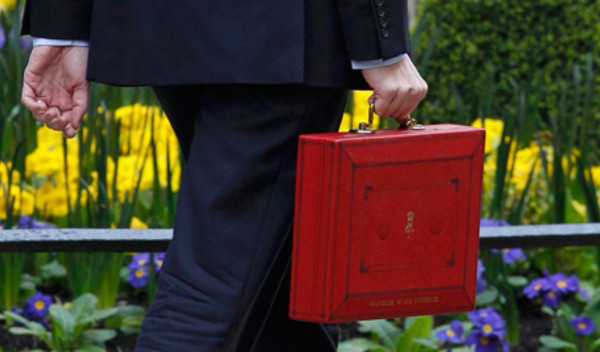

Former pension ministers Baroness Altmann and Sir Steve Webb have called on the Chancellor of Exchequer to close a loophole which denies tax relief to low earners.
They have sent a letter to Philip Hammond urging the government to introduce a clause in the next Finance Bill to address this issue which, according to their calculations based on figures from HM Revenue & Customs (HMRC) from 2015/16 – could be affecting 1.22m people.
"To prevent auto-enrolment being undermined, it is essential that the government takes decisive action", the letter said.
Members of pension schemes who don't pay income tax are granted basic rate tax relief of 20 per cent on pension contributions up to £2,880 a year.
In practice this means HMRC will top up a net contribution of £2,880 to a gross £3,600.
But this tax relief is only available where the pension scheme operates on a relief-at-source basis, which is only accessible through a handful of companies.
It is not available for schemes that operate a net pay arrangement, which are the majority of pension funds in the market.
The difference between these two arrangements has become more noticeable since the income tax personal allowance increased to £11,850, which is above the auto-enrolment minimum threshold of £10,000.
This tax loophole has been branded the "next payment protection insurance scandal", with only three of the top 17 master trust providers in the UK market offering relief at source to their members.
But HM Treasury has not taken any action on this matter, saying it was "up to employers, not government, to decide which scheme best suits the needs of their employees".
Sir Steve, now director of policy at Royal London, said: "Having two different ways of delivering tax relief to workers has the perverse result that some low earners can miss out completely on tax relief depending on what sort of scheme their employer has chosen.
"It is unrealistic to expect employers to understand this distinction and unfair on low-paid workers who need the help more than anyone else.
"It is time for the government to stop talking about this issue but to fix it, so that low-paid workers get the benefit of tax relief, regardless of the pension arrangement their employer has chosen."
The signatories, which include representatives from unions, trade bodies, charities and pension providers, said HMRC is already looking at ways to solve an issue which has arisen with relief at source schemes as a result of different tax rates in Scotland and should use this opportunity to address the tax relief loophole.
Outside Scotland, tax relief is applied at one of three marginal rates – 20, 40 and 45 per cent – while Scottish workers have new rates – 19, 20 and 21 per cent - after the nation's government introduced new bands in April.
When a saver is enrolled in a relief at source scheme, he pays out of his post-tax income and the provider contacts HMRC on his behalf to claim basic rate relief at 20 per cent for everyone in the scheme.
If the individual is a higher rate taxpayer, he can use his tax return to get the additional tax relief due.
This means that if providers claim 20 per cent relief for Scottish customers, they are getting too little tax relief if they pay at 21 per cent and too much if they pay at 19 per cent.
The signatories argued that the means by which tax relief is paid should not affect the amount of tax relief paid, and that savers should receive this relief automatically, without having to ask HMRC for it.
They said: "This needs a clause in the Finance Bill and utilisation of the system changes that are already underway in HMRC to tackle the devolution problem.
"We are very happy to work the details through with your HMRC colleagues to make sure all savers are treated equally."
A similar solution was proposed by the Low Incomes Tax Reform Group (LITRG), an initiative from the Chartered Institute of Taxation, also a signatory of the letter.
An HMRC spokesperson said: "Pension tax relief is available for those earning below the personal tax allowance schemes using relief at source. Some major pension schemes designed for automatic enrolment use relief at source precisely because it gives access to tax relief for low earners.
"If a scheme is an occupational pension scheme, they have the option of using either relief at source or a net pay arrangement – they can choose. If they are not an occupational pension scheme, for example if they are a personal pension provider, then they must use relief at source.
"HMRC keeps all its processes under review."
maria.espadinha@ft.com



